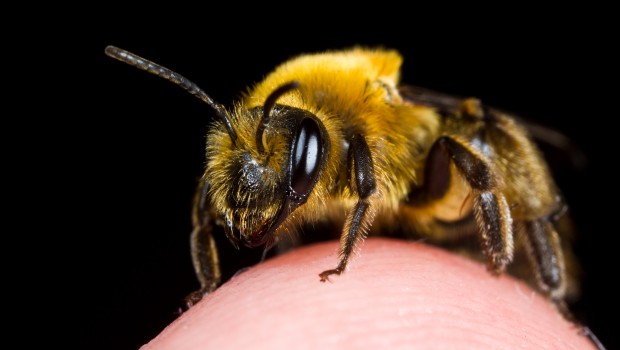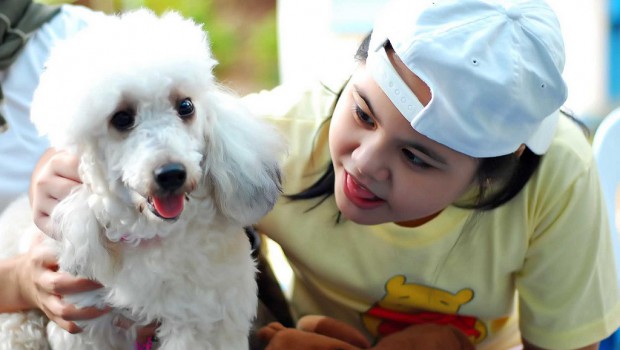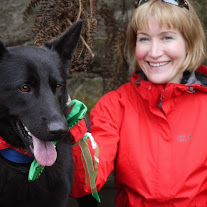Ever wondered why you should care about bees?
Here’s a fact: bees are responsible for the successful production of around a third of the food you eat.
As one of our oldest domesticated animals, bees and people share an amazing history.
But the future is uncertain, with devastating global declines in both feral and managed populations.
Boris Baer and Barbara Baer-Imhoof, in conjunction with their colleagues at the Centre for Integrative Bee Research at the University of Western Australia, are researching many aspects of honey bees, in the field and in the lab.
In our first episode featuring an invertebrate species, we learn more about our relationship with bees, what would happen if they vanish and ways we can help them thrive.
Podcast
Video – More Than Honey Trailer
Publications

Stuerup, M., Baer-Imhoof, B., Nash, D. R., Boomsma, J. J. & Baer, B. When every sperm counts: factors affecting male fertility in the honeybee Apis mellifera, . Behav. Ecol. 24(5): 1192-1198. View online at Behavioral Ecology.
Baer, B. (2009) CIBER: A new research initiative for the study of honeybees in Western Australia. The Australian Beekeeper. 111:16-17.
Imhoof B., Schmid-Hempel, P. 1999. Colony success of the bumble bee, Bombus terrestris, in relation to infections by two protozoan parasites, Crithidia bombi and Nosema bombi. Insectes Sociaux 46: 233-238.
Links
Centre for Integrative Bee Research (CIBER)
Header image: Flickr/StephenBegin



